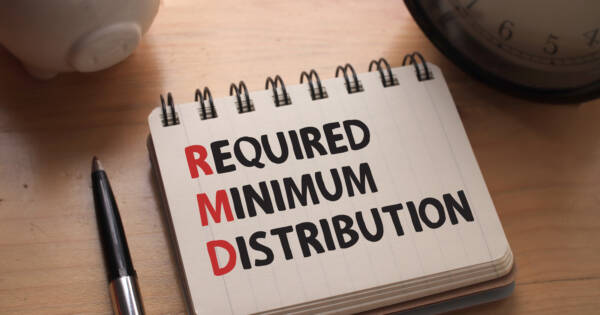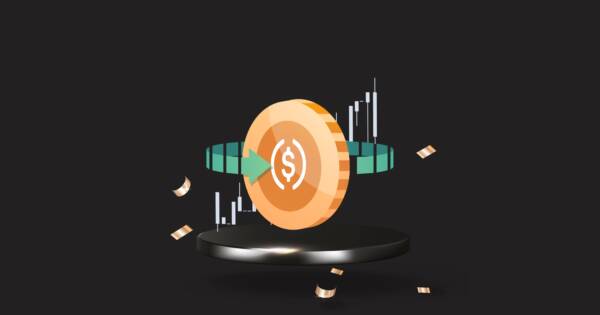Employer contributions to your 401(k) retirement accounts are a big deal. Not only do they help you save for eventual retirement, but they also help organizations attract and retain talent. According to Fidelity Investments, the average 401(k) employer match in the United States reached a record level of 4.7% in 2019. That match increased the average total savings rate to an all-time high of 13.5%. That’s all great news. Until it isn’t.
What happens if your employer suddenly announced they have to pause contributions? Or stop them permanently? If your company is struggling financially, contributing to your retirement might be one of the first things they cut to save money. So what should you do if the company you work for stops their 401(k) matching contributions? The most important thing is to not panic. You still have options. Here are a few of the actions you should take to keep your retirement savings on track.
Maintain Your 401(k) Contributions
Whether your employer contributes to your 401(k) account or not, you can continue to contribute to it. And you should. Any contributions to your retirement are better than none. Even $50 a month is better than contributing nothing. If your employer stops contributing to your 401(k), you should carry on as you have been. Keep contributing to the account through your regular paychecks.
You should maintain the same amount of your contributions, if possible. Your take home pay will remain unchanged, so it really won’t impact your income or budgeting. The worst thing you can do is to stop your contributions altogether. Why lower them at a time when you’re not getting contributions from anyone but yourself? The best thing to do is to keep calm and carry on, as the saying goes.
Consider Raising Your 401(k) Contributions
As we have established, you should, at a minimum, maintain your own 401(k) contributions. However, if you can afford it, you may want to consider raising the amount you’re putting into your retirement savings account. That will help compensate for the fact that your employer has stopped contributing. An increase of $25 to $100 per payday can have a sizable impact on your retirement funds over time.
You should consider cutting back in some other disposable areas, such as on coffee, eating out, or streaming services. Then redirect the money into your retirement account. Again, it doesn’t have to be a huge amount. Even a small increase will help you get to a comfortable retirement. Push yourself out of your financial comfort zone and you might be surprised at how much you can contribute to your 401(k) account.
Redirect Money To an IRA
Contributing as much money as possible to a retirement fund is the most important step. However, a 401(k) may not be the most advantageous retirement vehicle for you. If your employer contributes to a 401(k) on your behalf, then you will want to also contribute to that account. However, if your employer stops matching contributions, then you may want to consider funneling your money into a Roth IRA.
The reason is that a Roth IRA is a tax-free account. You won’t pay any income tax on Roth IRA funds when you withdraw them in retirement. It’s literally tax-free money. With a 401(k), you will pay income tax when you withdraw money during your retirement years. Do the calculations and figure out if it would be best for you financially to continue focusing on your 401(k) or to redirect contributions to a Roth IRA. Keep in mind that you can contribute money to both a 401(k) and Roth IRA at the same time.
Re-Balance Your Retirement Portfolio
A change to your 401(k) account, such as an employer stopping their contributions, presents a good opportunity to review your portfolio. It might make sense to re-balance it, if necessary. Take a look at all your investments and the return you’re getting. Make changes if you think they are needed. Maybe you move some money out of stocks and into bonds or an exchange traded fund. The important thing is to ensure that you’re maximizing your returns and that your investments are working in your favor.
Also, take the opportunity to review the fees you’re paying for your 401(k). Keeping fees as low as possible is another way to maximize your retirement funds. If your employer is no longer contributing to a plan with a specific financial company, you might be free to shop around for someone who charges lower fees. Other things to keep in mind are to diversify your investments, maximize any tax breaks you’re eligible to receive, and don’t cash out early. Reviewing your 401(k) regularly and adjusting it as needed is a good habit to get into.
Polish Your Resume
If your employer has stopped making retirement contributions for their workers, the writing could be on the wall. Whether the company is outright failing or just being extra greedy, it’s not a good sign for you, the employee. Whether you want to stick it out until the company’s financial health turns around is a personal decision. It depends on your position, salary, age, experience, and knowledge of your industry.
However, it’s becoming more and more apparent that plenty of companies are only interested in maximizing their bottom line. Yes, sometimes even at the expense of their own employees. Even a promised “temporary pause” of 401(k) contributions can slide into a “permanent stoppage.” At times like this, it’s usually prudent to put yourself first. If another job can offer you a compensation package that will make your future brighter, consider making the switch.
The Last Word
An employer stopping their matching contributions to your 401(k)-retirement savings account is not ideal. However, it’s no reason to stop saving for retirement yourself. Rather than focus on the fact that you are no longer getting “free money,” put your energy into maximizing the amount of money you are saving yourself. Focus on increasing your own contributions and how to get the biggest return from your investments. Take responsibility for your own retirement and focus on the things you can still actually control. Keep your eye on the big picture and continue planning for a comfortable retirement. Your future self will thank you.
 Shutterstock
Shutterstock







